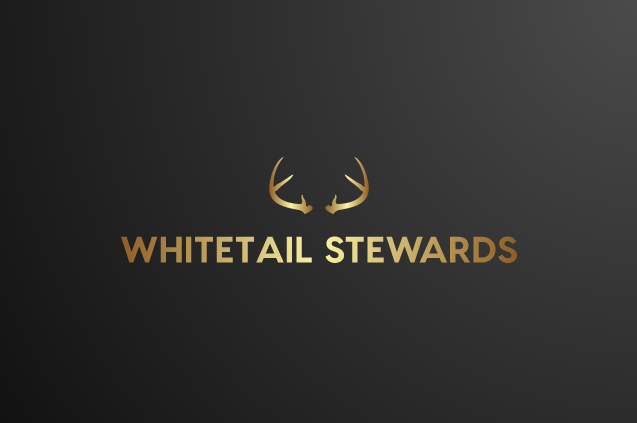Do Deer Eat Corn?
Corn is a type of grass that grows every year and thrives in warm weather conditions. It produces seeds that are attached to the stem in structures called "ears." Although corn has a low protein content of 8% to 10%, it is high in fat and carbohydrates, making it an essential energy source for deer from autumn until the beginning of winter. Similar to acorns, corn also helps deer pack on additional fat to help them make it through cold winters. Furthermore, the tall corn stalks serve as excellent shelter for deer.
Corn Is High In Nutrients For Deer
Corn requires fertile soil to grow well and is best planted on loamy soil with good drainage and a pH level of 6.0 to 7.0. Since it needs a lot of water, it cannot withstand drought conditions. Weeds must also be managed in corn fields to maximize crop productivity. Due to its high nutritional and water requirements, it can be challenging for hunters to cultivate corn in food plots.
Source: https://www.goldenharvestseeds.com/agronomy/articles/soil-ph-for-corn
How To Plant Corn In Food Plots
Deer benefit most from corn when it is planted in large plots of land. Plots that are smaller than 2½ to 3 acres are often too tiny to have a substantial impact on deer nutrition. This is partly because animals other than deer often eat much of the corn in small plots. For instance, black bears, raccoons, squirrels, crows, and even beavers can cause considerable harm to small corn plots. Even if these animals did not damage the crops, deer alone can eat up all the corn in a small plot in a brief period. In regions with a high number of deer, plots larger than 5 acres may be required to ensure that there is enough corn available for the deer to feed on.
Best Corn Varieties For Food Plots
For deer food plots, it is recommended to plant field corn or cow corn. Sweet corn should be avoided, unless it is intended for human consumption, to limit harm caused by other animals. Furthermore, white corn and any types utilized for creating corn silage should also be avoided.
Corn And Other Forages
Although corn is generally planted on its own, it can also be planted alongside other warm-season forages, like sorghum or soybeans. This is done to provide deer with additional forage and to minimize weed competition. Here are a few examples of appropriate forage blends featuring corn:
